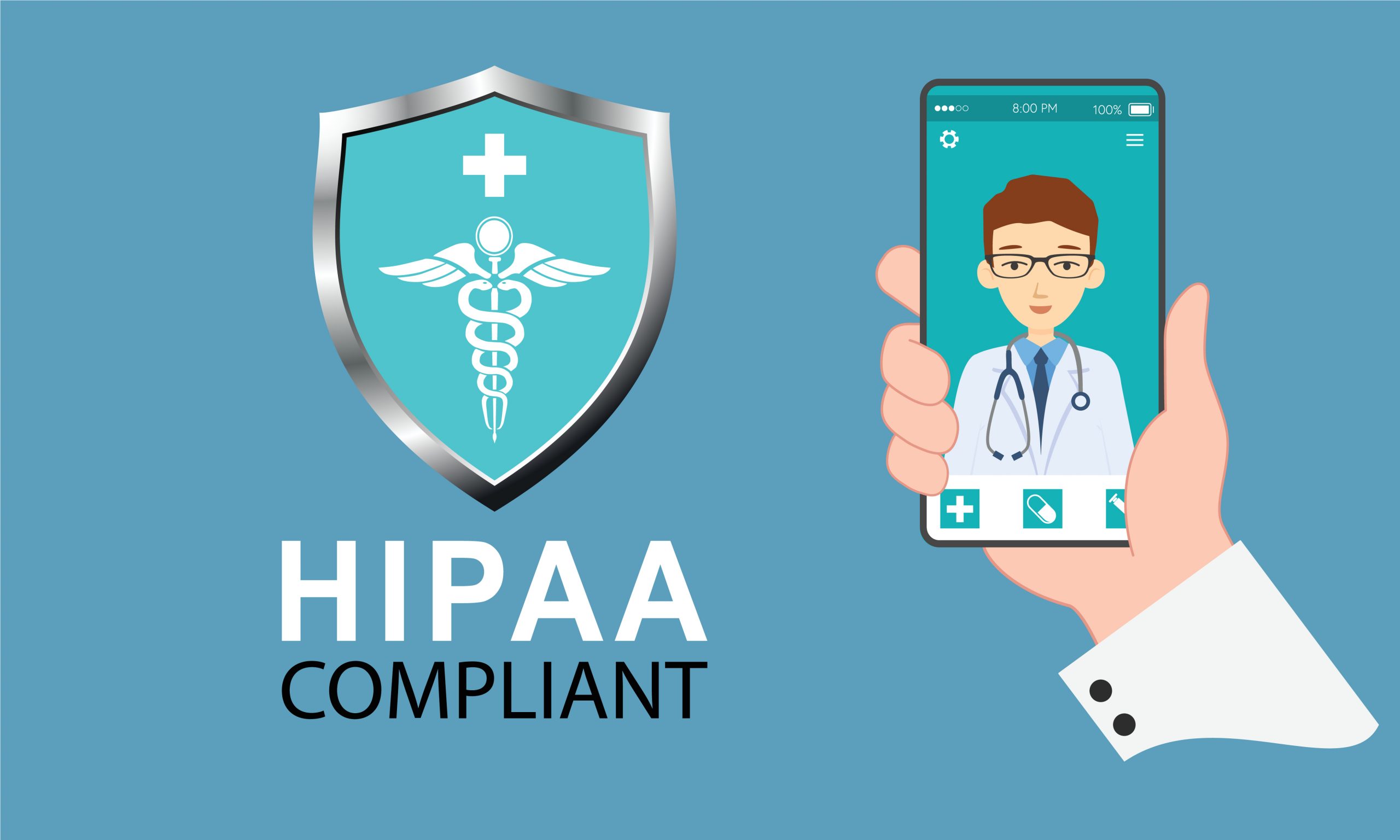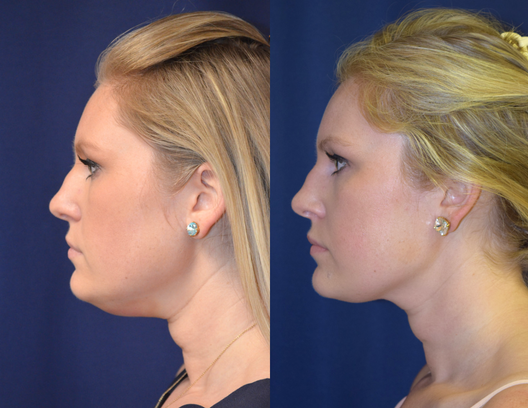The market of health tech is riding the wave in 2022. Due to the pandemic restrictions and healthcare crisis, digital health solutions have swollen in demand. In 2022, the global digital health market is poised to garner around $216 billion, according to Grand View Research. The revenue forecast is encouraging as well – around $1.5 trillion by 2030.
But although digital health is a lucrative path, it is quite challenging due to the great number of regulations. Today, we’ll have a look at one of the most popular health tech regulations – HIPAA compliance.
What is HIPAA compliance?
The purpose of HIPAA is to help protect your medical record from being used inappropriately or lost. The law also requires providers to use technology protects the confidentiality, integrity, and availability of patient information. In simple words, this set of guidelines keeps hackers at bay and makes sure your medical e-records don’t end up in the wrong hands.
The regulations apply to hospitals, doctors, dental offices, chiropractic clinics, or any entity that can access protected health information (PHI).
Benefits of HIPAA compliance
The healthcare industry has always been subject to numerous regulations, protocols, and measures. However, it’s HIPAA regulations that lay the foundation for a safe and seamless data-sharing environment.
Protects patient privacy
HIPAA compliance ensures that your digital assets meet all applicable federal and state laws when handling patient information, which helps protect the privacy of your patients. This includes notifying patients about how they can access their own medical records and ensuring that you have established a business associate agreement with third parties such as billing companies who handle patient financial information.
This will help ensure that those companies follow all applicable laws and regulations when handling PHI.
Prevents fraud
Fraud prevention is another benefit of HIPAA compliance. Since you’re legally required to handle PHI in a secure way, it’s much harder for someone to impersonate another person or steal from you. This means that you won’t have to worry about situations where someone uses your PHI without authorization.
Amplifies interoperability of health data
Interoperability helps information systems exchange patient data and enables sharing of information in a secure way. Since HIPAA allows providers to share PHI for patient care, quality improvement, and other activities, the regulation also supports the interoperability of patient data.
Reduces compliance costs
If you’re not compliant with HIPAA regulations, your business may be subject to fines ranging from $100 to $50,000 per violation depending on the severity of the violation and how many patients were affected. HIPAA-compliant health tech solutions help your company reduce compliance costs and meet stringent regulations with pre-defined secure workflows.
What software needs to meet HIPAA regulations?
Health-related software comes in different forms and shapes. While each type has to put robust security measures in place, only a few types of digital products have to be HIPAA-compliant. The main criterion is the type of data your software stores and its ability to transmit this data to other parties.
The regulation covers protected health information only. The latter is every piece of data that makes the user identifiable. This may include names, addresses, telephone numbers, and other personal information.
On the contrary, de-identified health information doesn’t pose any risks. Also, if your application simply collects data like body stats and calorie count with no personal identifiers, it doesn’t have to meet the regulation.
How to make your software HIPAA-compliant?
Building a compliant solution often seems challenging due to unclear requirements. On a high level, the compliance standards mandate your software to have inbuilt safeguards and robust risk detection mechanisms. Let’s have a closer look at the HIPAA-compliant security methods.
Data protection
Achieving data compliance is one of the crucial prerequisites for HIPAA excellence. Encryption, in particular, is what ensures the safety of patient data and prevents it from being leaked.
Even if the information is premised on the cloud or even at rest, it still needs advanced end-to-end cryptography. Organizations must also design and follow a dedicated data privacy strategy based on the data assessment and risk evaluation.
Timely breach reports
The breach notification rule mandates organizations to turn up any breaches within two months if the breach affects 500 users. For a larger audience, the organization can report breaches once a year.
User authorization
To identify the user and their data access, you need to obtain consent from an individual. This will permit your application to use and share sensitive user data. Otherwise, the HIPAA Privacy Rule forbids sharing data without no user consent.
Testing
Validating your app compliance is another step to HIPAA excellence. Dedicated test scenarios will ensure the app is free from vulnerabilities, thus minimizing the risk of a data breach. Customized health software also requires comprehensive testing despite the fact that iOS guidelines don’t address privacy requirements for HIPAA compliance.
The right technology
Although the tech stack for HIPAA development may vary, your development team can apply some standard technologies to ensure secure access, use, and transmission of protected patient data. Robust logging controls, log maintenance, and backup measures are among the pillars of HIPAA-friendly technologies. Cloud infrastructure has in-built security measures such as SSL-enabled endpoints and cloud trails.
Expert team
Securing the right team of experts is the main success factor to avoid costly penalties and legal ramifications. Your development team should be well aware of the HIPAA guidelines and have prior experience in developing medical software.
How Much Does It Cost to Build a HIPAA Compliant Application?
The question of costs doesn’t have a universal answer. The cost of HIPAA-compliant mobile app development depends on the application complexity, your company size, and the number of user roles. Overall, it may cost you around $60K to build and deploy a HIPAA-compliant application.
The cost depends on the executors as well. In-house development, for example, is the most expensive due to the high hiring and team management costs. Outsourcing development eliminates those cost drivers, thus saving your money on administrative costs and team training.
The final word
Health-related software has never been on the rise as it is now today. The pandemic-induced staff shortages and patients’ demand for personalized healthcare have secured digital health a carved niche in the market. To tap into the niche, you must be privy to HIPAA guidelines that protect the privacy and safety of protected patient data. Robust security measures, a HIPAA-friendly tech stack, and a team of professional developers should be top of mind when developing a HIPAA-compliant solution.



